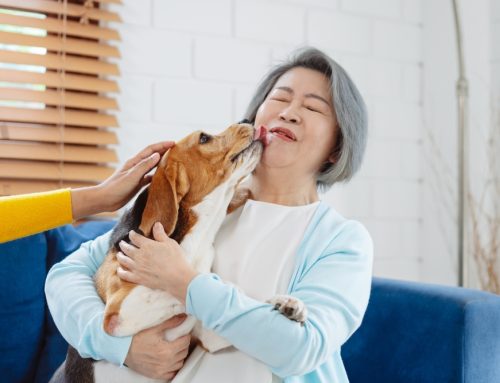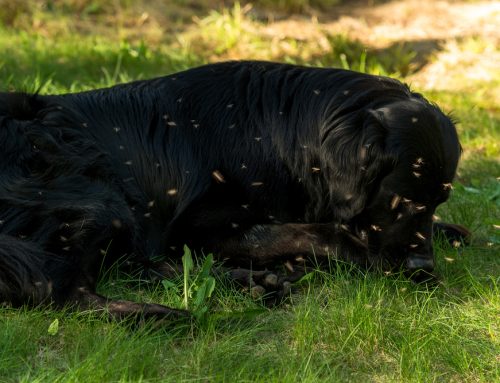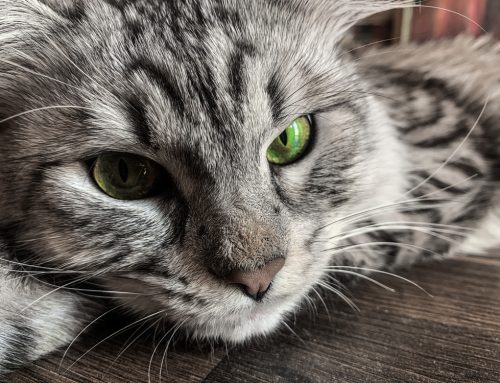 February is Responsible Pet Ownership Awareness Month, and the perfect opportunity to think about what it means to be a responsible pet owner. It is easy to fall in love with creatures great and small, but each time you choose to include a new pet in your life it is important to ask yourself if you are able to provide what that pet needs.
February is Responsible Pet Ownership Awareness Month, and the perfect opportunity to think about what it means to be a responsible pet owner. It is easy to fall in love with creatures great and small, but each time you choose to include a new pet in your life it is important to ask yourself if you are able to provide what that pet needs.
The Basics
These qualify as no-brainers, but sadly there are pets in the world that are not having these basic needs met. Any animal that is under your care should have its basic needs fulfilled.
Food: A high quality, nutritionally balanced diet should be offered to meet a pet’s minimal caloric needs. Responsible pet owners maintain pets at an ideal body weight and do not allow them to overeat.
Water: Fresh, clean water must be available at all times.
Shelter: Pets should have shelter from the elements and a comfortable place to lie down.
Love: Affection is a basic need and something that all animals deserve.
Proper Veterinary Care
Just as you need medical care throughout your life, so do your pets. Responsible pet ownership involves many aspects of medical care.
A veterinarian-client-patient relationship: All pets should, minimally, have a yearly veterinary examination by the same care provider in order to maintain wellness, provide an opportunity for early disease detection, and to address any problems or questions.
Spaying or neutering: Pet overpopulation is a real problem in this country. A responsible pet owner recognizes that breeding, intentionally or not, contributes to this problem. It is our duty to the individual pet as well to protect them from the health effects of not spaying or neutering.
Vaccination: Vaccinating our pets as recommended protects them (and us in some instances) from serious, life threatening diseases.
Parasite prevention: Our pets should receive routine parasite preventatives as recommended by their veterinarian for things like heart worms, intestinal parasites, fleas, and ticks.
Dental care: Oral care is being increasingly recognized as a vital part of pet wellness care. All pets should receive routine oral examinations and dental cleanings under anesthesia as recommended. Home care such as tooth brushing, when possible, is also helpful.
End of life care: Perhaps the saddest part of pet ownership, end of life care is one of the places where responsible pet owners shine. Making good decisions, providing excellent hospice care, and making the decision to let their pets go peacefully when quality of life is suffering are all characteristics of a wonderful owner.
Commitment and Respect
Animals are not disposable objects: They are living, feeling creatures. A responsible pet owner knows this and is willing to care for that animal for its entire life. If an owner is unable to do so, he or she should make every effort to place that animal in a loving, stable home for the rest of its lifetime.
Before deciding to take on a new pet, owners should accurately assess their needs and limitations: A responsible owner knows the local licensing requirements and is aware of how impending life changes (a move, new job, or children) may impact their new friend.
Pets cost money: Before accepting responsibility for a new pet, a budget including all potential expenses should be assessed.
Pets require time and effort: It is vital for pets to receive mental and physical stimulation.
Our pets offer so much to our lives. They make us smile even on the worst day. They listen to all of our dreams and worries and never judge. They can always be counted on to be there, even when no one else is. Every pet deserves a responsible owner. This month, take some time to be sure you are giving your pets everything that they deserve.






